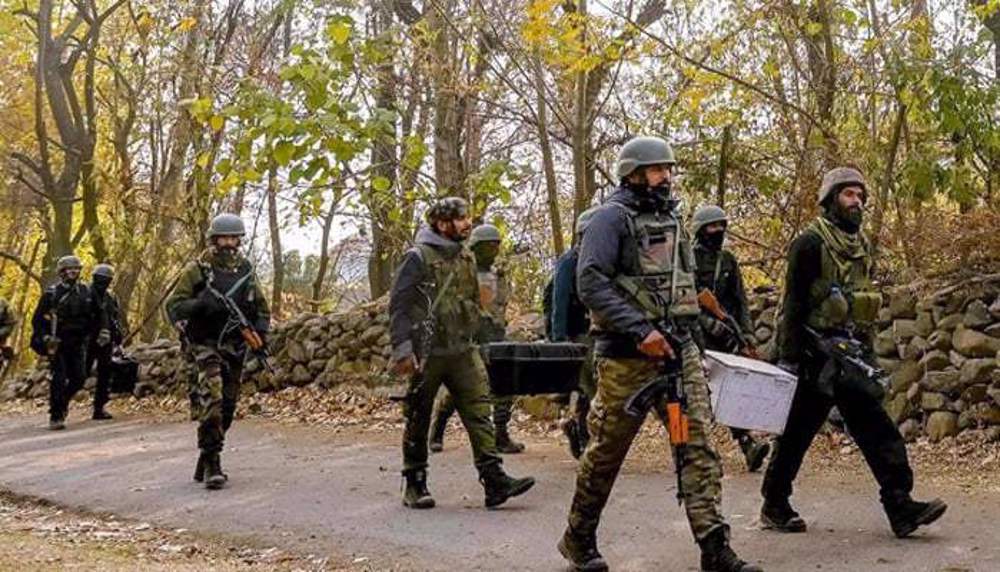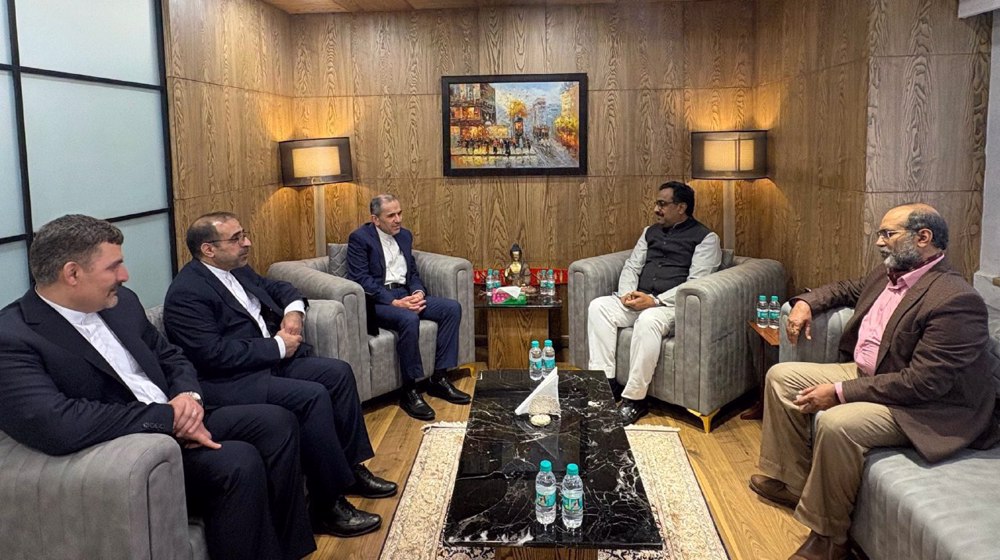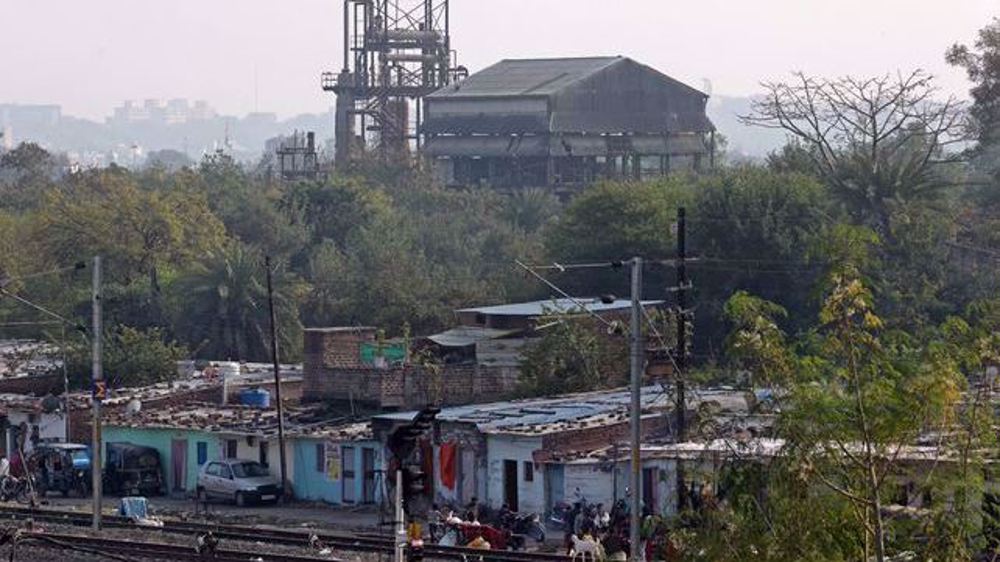India forces detain dozens of Kashmiri activists in Srinagar
Security forces have arrested dozens of activists and placed pro-independence leaders under house arrest in the Indian-administered Kashmir.
The arrests came after a strike and protest rallies called by several pro-independence groups that oppose New Delhi’s rule over the valley.
On Thursday, almost all businesses and shops remained shut and a curfew was in effect in some areas of Srinagar, the main city in Kashmir.
A large number of Indian paramilitary troops patrolled Srinagar and some other major towns in the scenic valley. A security clampdown continues with barricades and barbed across the Muslim-majority region.
Reyaz Ahmed, a resident of Srinagar, told The Associated Press that Indian government forces "came in the morning and ordered us to stay indoors."
The detentions are said to be aimed at preventing the activists from holding anti-India protests to mark the anniversary of their top leader's hanging more than three decades ago.
Pro-independence leader Mohammed Maqbool Butt was hanged at a New Delhi jail in 1984 after being convicted of killing an Indian intelligence officer.
Also on Tuesday, a similar strike closed Srinagar and other Kashmir towns as activists protested India's secret execution of another Kashmir man, Mohammed Afzal Guru, three years ago in the same New Delhi jail.
Guru was hanged in connection with a 2001 attack on India's Parliament that killed 14 people, including five gunmen.
A majority of Kashmiris believe he was not given a fair trial. Kashmir pro-independence groups also demand that the two men's remains, buried within the New Delhi jail compound, be returned to Kashmir for proper burial.
The developments come as New Delhi government has deployed large contingents of police and paramilitary troops to most parts of Srinagar and several other major towns to prevent street demonstrations.

Indian troops are also in constant clashes with the armed groups seeking independence across the valley.
The latest spate of violence comes as cross-border frictions have recently flared up between Indian and Pakistani troops along the disputed de facto border in Kashmir. The two sides have accused each other of provocation.
Kashmir has been divided between India and Pakistan since 1947. Both neighbors claim full governance over the region; however, each have partial control over it.
Pakistan controls one-third of Kashmir, with the remaining two-thirds under India’s administration.
Thousands of people have been killed in violence in Kashmir since the 1980s.
Israeli court extends Dr. Abu Safia's detention
After 15 months, Israeli army admits to killing kibbutz settlers on Oct. 7
VIDEO | Press TV's news headlines
VIDEO | Israel bans UNRWA amidst war on Gaza
Gaza's Nasser Hospital on verge of closure as Israel blocks fuel deliveries: UK charity
Venezuela’s Maduro sworn in for third term, pledges to form 'new democracy'
Iran backs stable, independent Lebanon free from foreign occupation: Araghchi
Yemen defies a year of US-UK-Zionist aggression in solidarity with Palestinians















 This makes it easy to access the Press TV website
This makes it easy to access the Press TV website